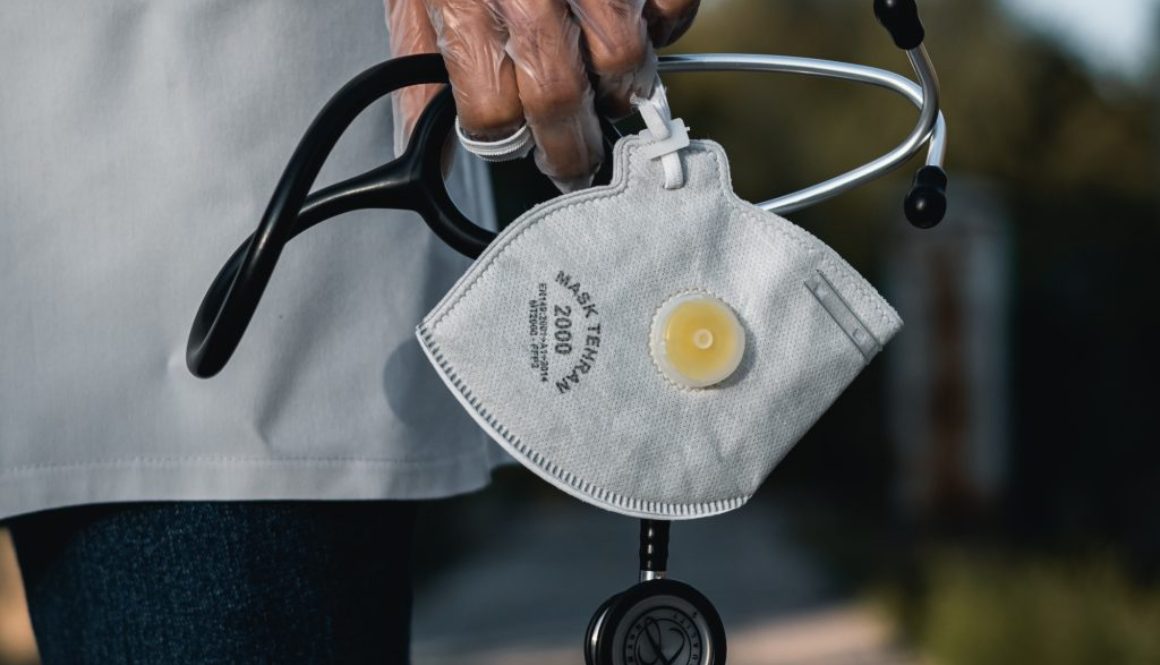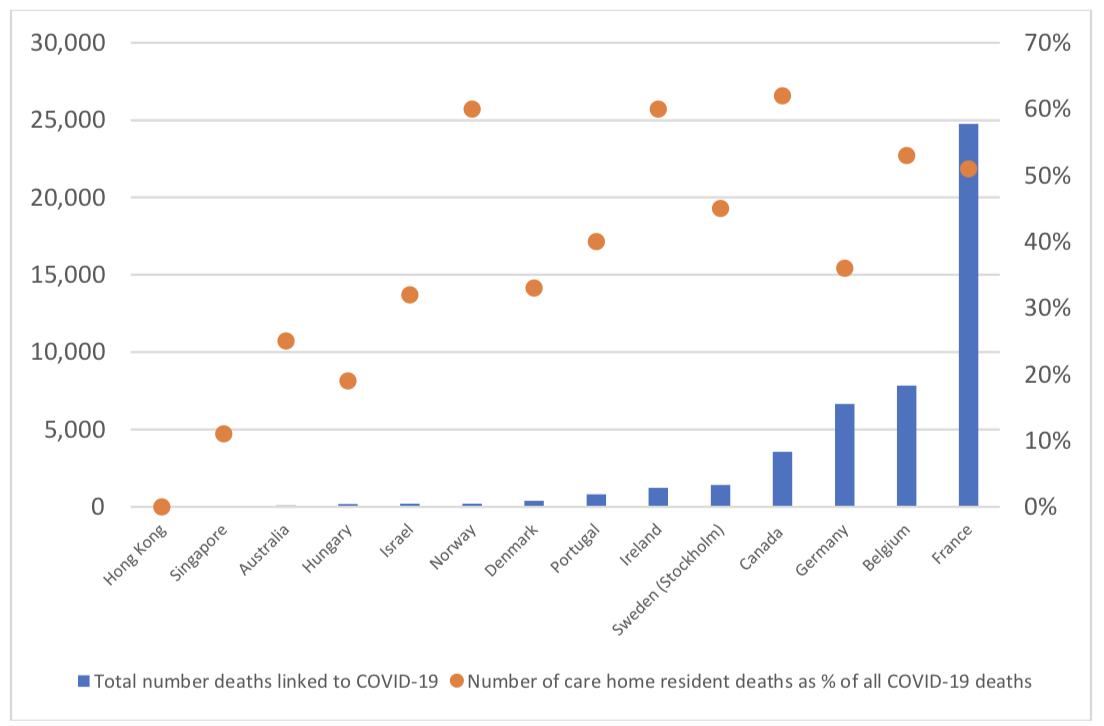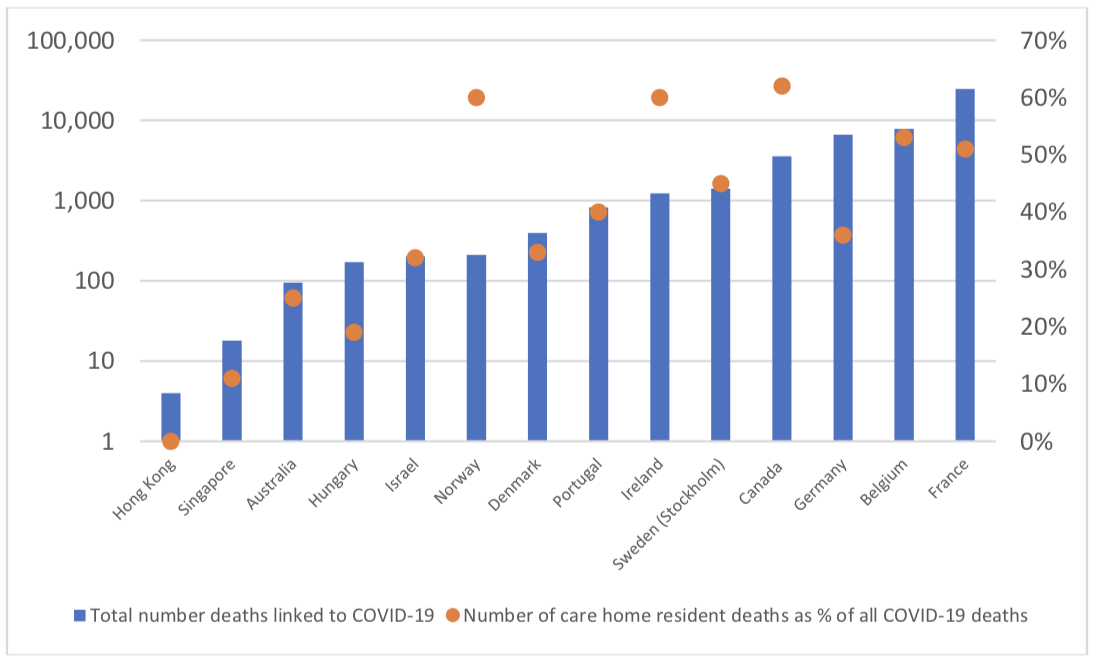Brain injury is often referred to as \”invisible\” injury. A person who has a brain injury may appear to be \”normal\” to people around them, while the effect of a brain injury may have a catastrophic effect on that person\’s life. Even a so-called \”mild\” traumatic brain injury may have a significant effect on quality of life.
Traumatic Brain Injury (TBI) is damage to the brain caused by a traumatic event such as a blow to the head, a fall, a motor vehicle or sports related injury.
A traumatic brain injury can be caused by a forceful bump, blow, or jolt to the head or body, or from an object that pierces the skull and enters the brain. Not all blows or jolts to the head result in a TBI.
Some types of TBI can cause temporary problems with normal brain function, including problems with how the person thinks, understands, moves, communicates, and acts. More serious brain and head injuries can cause severe and permanent disability, and even death.
The types of symptoms from a traumatic brain injury can vary widely but mostly come in the form of symptoms and changes to the following areas: physical function, communication, cognition & thinking, emotions, behaviour & social skills, and daily function.
Some common causes of brain injuries that have legal recourse are:
- Car accidents
- Motorcycle accidents
- Pedestrian-motorist collisions
- Boating accidents
- Slip and fall accidents
- Medical malpractice
What can you do If you have suffered a traumatic brain injury?
All head injuries are serious and are worthy of legal compensation. If someone is injured at the fault of another person, the injured person may be entitled to compensation to return their life as fully as possible to the state in which they would have been in had the negligence not occurred.
Under the traditional legal system, if a person is hurt by a negligent person, the wrongdoer can be held liable for damages by the judge. The costs will typically be protected by the insurance policy of the wrongdoer up to the amount of the insurance policy limits.
If your head injury is the result of a car accident, in Ontario your own insurance should pay benefits if you are injured, regardless of who was at fault. However, insurance companies will try to minimize the amount of compensation they provide in order to protect their profit margins. This is why it is extremely important to have an experienced legal team on your side.
Damages are classified in specific groups. The two major categories are \”economic losses\” and \”non-economic losses\”. Non-economic losses are attributed to pain and suffering, loss of functioning and loss of enjoyment of life.
The other key category of damages, \”economic losses\”, applies to confirmed actual and potential financial losses. Damages usually involve the following:
- Special damages – out-of-pocket expenses for which you have receipts
- Past wage loss
- Future loss of earnings – the present value of the loss of one’s ability to earn income over a lifetime
- Past and future care – the present value of the expense of all rehabilitation and care over a lifetime
- Any other losses suffered by the injured person that are directly caused by the incident, including (in Canada) income taxes paid on interest earned on the funds invested for future care
If you have been injured, Hilborn & Konduros has experience in pursuing legal redress for the victims of head injury and are able to access the requisite medical expert opinions in order to properly present your case.
For more information, do not hesitate to call Hilborn & Konduros at (519) 658-6341.







